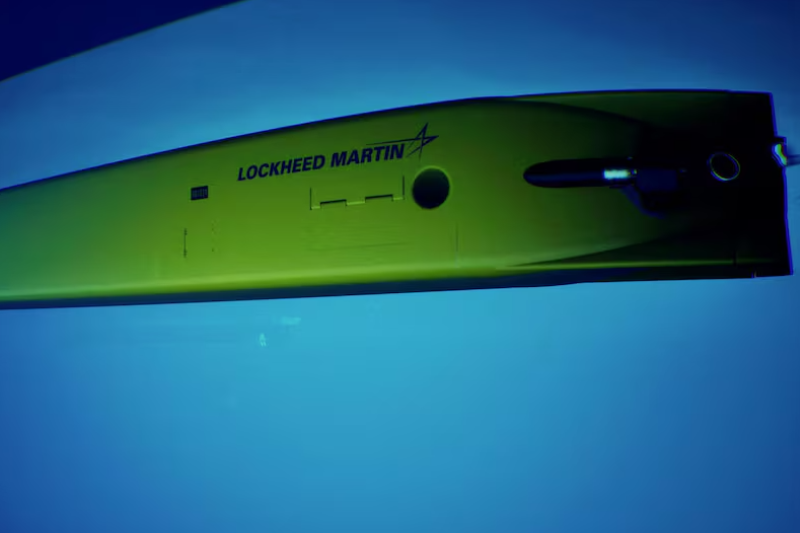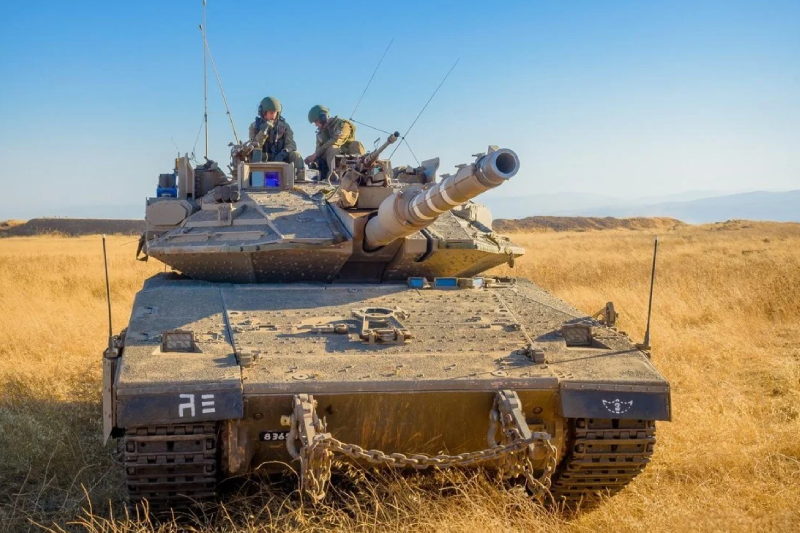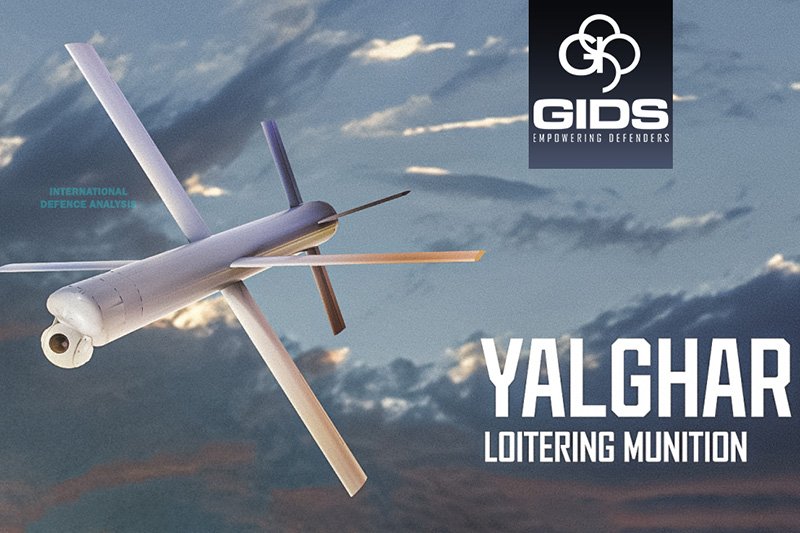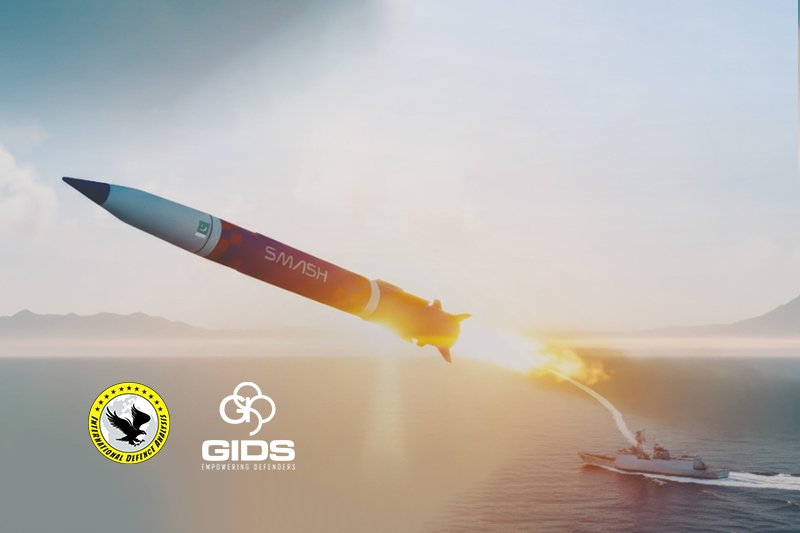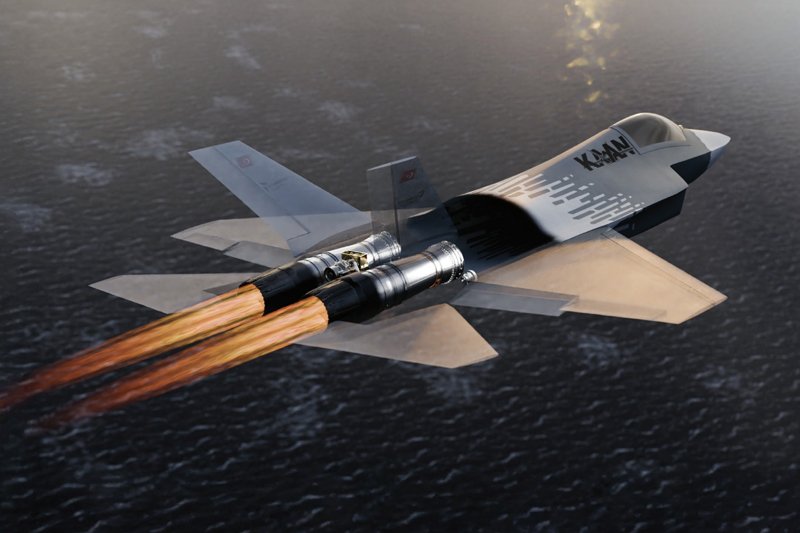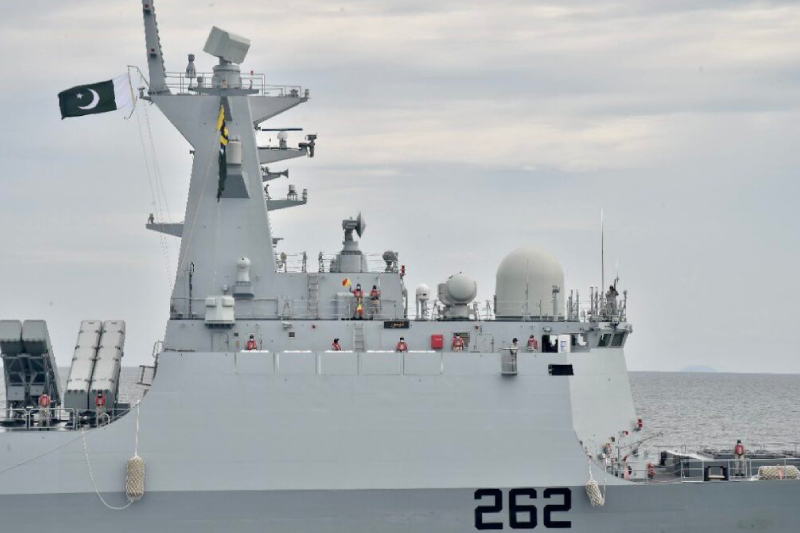The “War Deployment” Drill: How Exercise Trishul Exhibits Naval Provocation
The recent announcement of India’s Tri-Services Exercise ‘Trishul’ has escalated from a routine diplomatic friction into a critical test of maritime security, fundamentally altered by India’s own strategic pronouncements. From Pakistan’s perspective, the scale and location of the exercise, scheduled for late October 2025, are inherently provocative. Involving an estimated 25,000 troops, over 20 warships, and dozens of fighter aircraft, the drill is concentrated in the sensitive regions of Rajasthan and Gujarat, with significant naval components in the North Arabian Sea and, most alarmingly, near the disputed Sir Creek estuary. This positioning, close to a contested border and vital Pakistani economic interests, signals a deliberate choice to demonstrate force in a region of high sensitivity.
This provocation is critically framed by a recent and game-changing doctrinal statement from the Indian Naval Chief. His declaration that “all sailing orders should be considered war deployment” fundamentally shifts the perception of Exercise Trishul from a peacetime training activity to a direct security threat. This pronouncement effectively erases the conceptual line between routine exercises and active combat readiness, meaning that from Pakistan’s security standpoint, every Indian warship participating is not merely training for a potential future conflict but is actively deployed in a wartime posture. Such a doctrine transforms the entire exercise from a readiness check into a live demonstration of offensive capability and intent, making Pakistan’s defensive reactions a logical and necessary imperative.
Confronted with what it perceives as a “war deployment” on its maritime doorstep, Pakistan’s response was one of swift and defensive countermeasures. The Pakistani military placed its commands on high alert, with its air and naval assets increasing patrols and readiness levels. Furthermore, Islamabad issued its own Notice to Airmen (NOTAM) and naval navigational warnings for live-firing exercises, creating an overlapping zone of military activity in early November. These actions were not escalatory but were essential steps to de-conflict air and sea space and signal resolve in the face of an advancing threat, as perceived through the lens of India’s own declared posture.
This new context also severely weakens India’s legal position under the United Nations Convention on the Law of the Sea (UNCLOS). While nations like the United States argue that routine military exercises are a legitimate freedom of navigation in an Exclusive Economic Zone (EEZ), the “war deployment” doctrine places Trishul in a different category. A naval operation explicitly categorized as such fundamentally challenges the UNCLOS requirement that the high seas be reserved for “peaceful purposes.” Moreover, the obligation to have “due regard” for the coastal state’s rights is rendered moot when the exercising state itself declares the activity to be hostile; a “war deployment” in another country’s EEZ is, by its very nature, a failure to have due regard for that state’s security and sovereign rights.
Also read this: Pakistan Navy to Receive Chinese Submarines Next Year
In conclusion, Exercise Trishul, when viewed through the prism of the Indian Naval Chief’s own statement, represents a dangerous escalation and a direct security threat to Pakistan. It moves the India-Pakistan rivalry into a more volatile phase where the line between training and hostility is deliberately blurred. The international community must recognize that the legal justification for military activities in EEZs collapses when a state itself frames those activities as acts of war. For Pakistan, the narrative is clear: a hostile force is conducting war games in its adjacent waters, an action that undermines regional stability, violates international legal norms, and demands a concerted diplomatic response to prevent a dangerous cycle of escalation between two nuclear-armed neighbors.
Muhammad Aqeel is a graduate of National University of Science & Technology Karachi and National Defence University, Islamabad. He’s a Electronics engineer and holds masters degrees in Strategic and Maritime studies. Aqeel’s areas of interest include: Lawfare, maritime security, aviation safety, military history and climate change.
Keep connected with us at Facebook, Twitter, YouTube, Instagram & TikTok for latest defense happening around the globe.
Discover more from International Defence Analysis
Subscribe to get the latest posts sent to your email.



